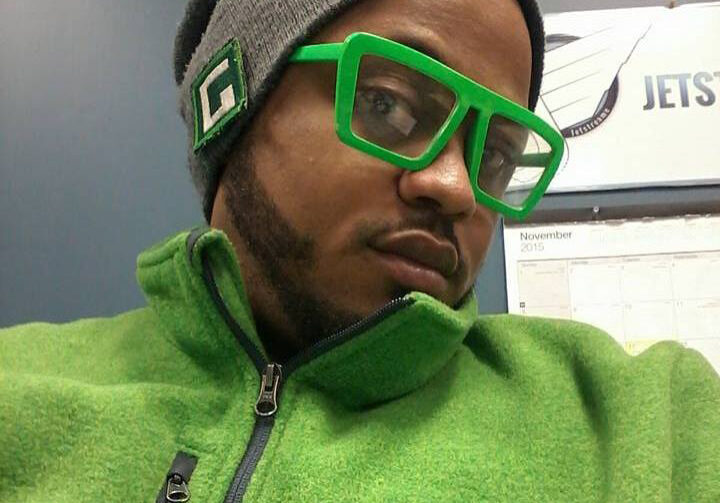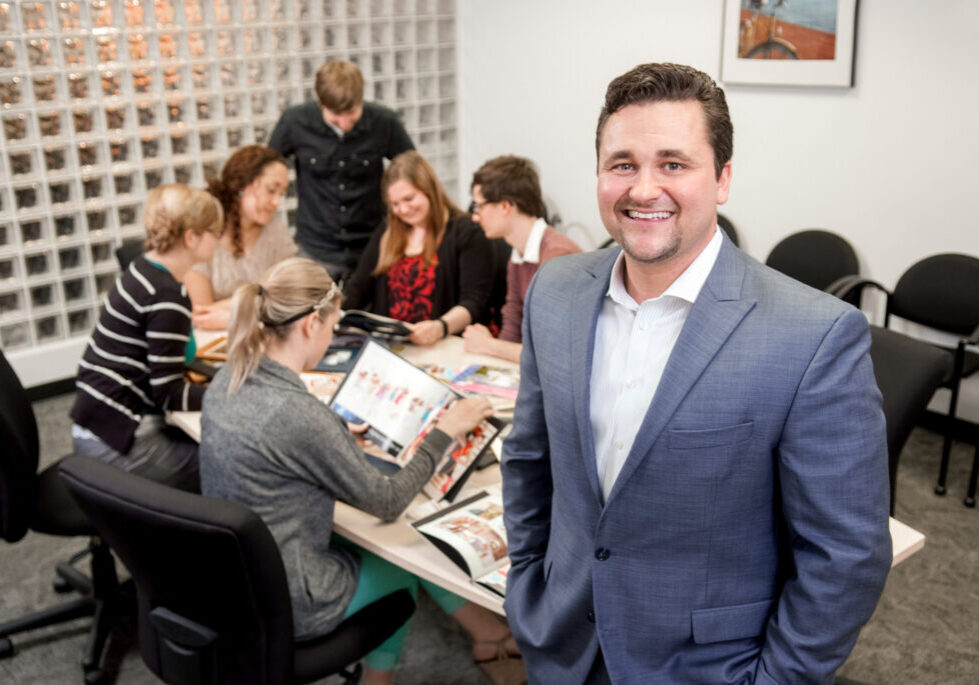“What’s he going to do when he’s not near me?” Guba recalls thinking. “What’s he going to do when he’s behind the wheel of a car?”
A few weeks earlier a commuter train engineer in Southern California had caused a deadly rail accident after missing a red light and colliding head-on with a freight train because he was reportedly distracted by a text message. The seed of a startup idea was planted in Guba and his co-founders.
“It just kind of dawned on all of us … that mobile devices were creating the distraction,” Guba says. “Obviously if the technology could be the problem then technology could be part of the solution.”
Those discussions soon led to the creation of Cellcontrol, a company with the mission of ending distracted driving and creating better drivers. The company’s distracted-driving prevention platform and flagship product, DriveID, eliminate talking, texting and browsing on any mobile device while a vehicle is in motion.
The company has grown rapidly since those early days as it works to tackle a problem that has exploded through the rapid proliferation of mobile devices. Distracted driving causes crashes that kill an average of eight people and injure more than 1,100 each day in the United States.
Safety Through Technology
The company’s distracted-driving technology has two main components: a hardware device in the vehicle called DriveID and an app on the phone or other mobile device. Once DriveID is installed, mobile users — family members, companies, employees — are protected from the risk of mobile distractions behind the wheel. The technology allows managers to control the account, customize the distracted-driving policy for their family or company, and gather reports and feedback on driver performance.
Guba says competing technologies simply remind users to not text while driving, but Cellcontrol completely stops the unsafe behavior — forcing the phone to remain on its home screen or sending calls to voicemail while the user is driving.
“We started Cellcontrol with the goal of ending distracted driving and helping people become better drivers, and each trip, each mile taken by our growing list of customers and partners across the globe, moves us closer to accomplishing that goal every day,” Guba says.
Expanding Mission
While Cellcontrol began with a singular focus on distracted driving, it has taken steps to expand its footprint to encompass more comprehensive technology solutions to encourage safe driving.
The Cellcontrol technology can gather driving data on behaviors such as rapid acceleration or hard braking to give users feedback on how to improve their driving. It’s a seamless transition, Guba says, because the technology is already in the cabin of the vehicle interfacing with the driver.
“While it’s still about distracted driving, there are other elements to our project that can help people become a better driver in general,” he says.
Over the past year, Cellcontrol has been forging partnerships with insurance companies to entice consumers to earn better rates through better driving that is backed by data. Guba says the company is also positioning itself strategically for the coming wave of autonomous driving features.
Growing with the Tech Park
Cellcontrol started out with a small office in the Louisiana Technology Park with only a few seats and has steadily moved into larger spaces over the years as it has grown. Today the company is an anchor tenant at the Park and has 26 employees covering fulfillment, sales, support and engineering.
“As we’ve expanded our team the Tech Park has been accommodating,” Guba says. “They’ve given us the ability to grow.”
Guba says the Tech Park has invested in specialized lab equipment that allows the company and others to perform valuable research, as well as tools to help the company conduct more rapid prototyping as it develops new products.
“We can now take our designs that we can do and mill our own PCBs [printed circuit boards], manufacture our beta units in two, three, four days as opposed to shipping them off and having somebody else do them for thousands of dollars and waiting two or three weeks,” he says. “We can do it in a matter of days.”
Having such advanced technology on site helps Cellcontrol stay nimble and iterate more quickly as it continues to grow and evolve within an industry that is always changing. That flexibility ultimately allows the company to more effectively carry out its mission of ending distracted driving and making the roadways safer for everyone.




